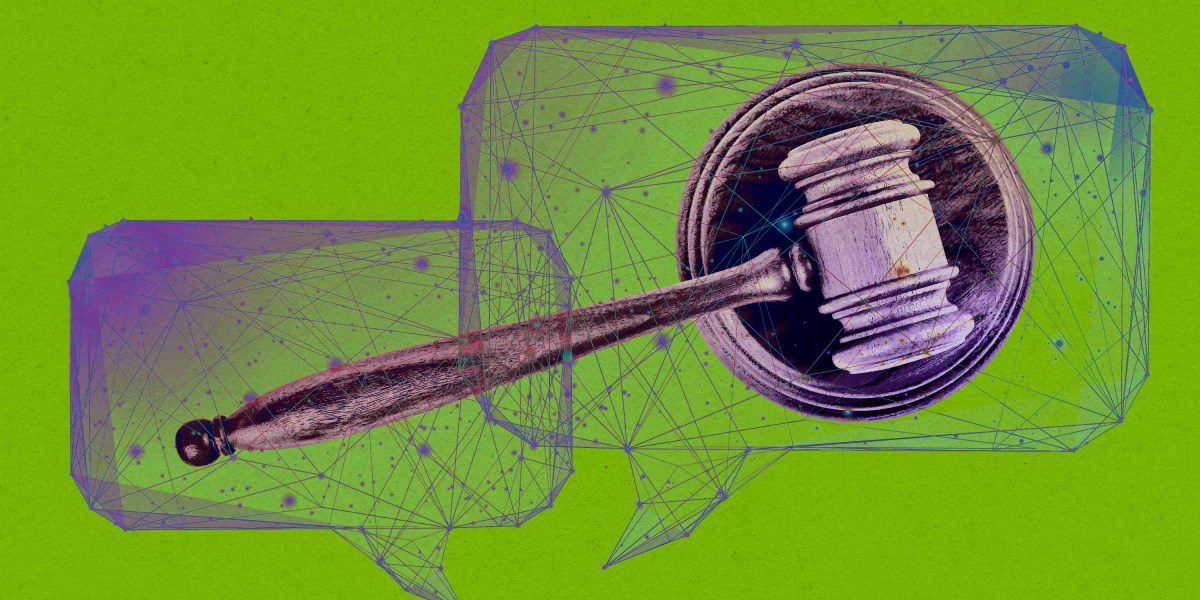AI in the Legal System: Are We Ready to Trust It?
Let’s face it, the use of AI in the legal system is quickly becoming a hot topic, especially with some recent blunders that have made headlines. With AI making its way into law offices and courtrooms, you have to wonder: can we really trust it? Here’s the deal—while AI has the potential to expedite the legal process, its track record so far hasn’t been stellar.
The AI Blunders in Court
It all started with lawyers inadvertently citing non-existent cases. Yup, you heard that right! Picture a busy courtroom where a lawyer confidently references a case that doesn’t even exist. Ouch, right? Things got even messier when prestigious experts, like a Stanford professor, delivered testimony in a case about deepfakes but included hallucinations—the AI equivalent of fake news. If these missteps can happen to seasoned experts, what does that say for the rest of us?
Judges and Generative AI: A Budding Friendship?
Now, it seems judges are also jumping onto the AI bandwagon. Some believe that with a touch of caution, generative AI could take over tasks like legal research, case summaries, and drafting routine orders. Sounds great in theory, but is it really going to solve the backlog in the court system? Imagine trying to rush through a crucial decision with shaky AI support. It’s a bit like letting a toddler choose your dinner—exciting but potentially disastrous.
GPT-5: The AI Frontier That Didn’t Quite Deliver
Speaking of AI, let’s talk about the latest buzz around OpenAI’s GPT-5. Initially touted as a leap towards “artificial general intelligence,” many had high hopes. But honestly, it hasn’t quite lived up to the hype. Instead of revolutionizing our lives, it seems to be a bit underwhelming.
Encouraging Health Advice: A Risky Move
Among its notable changes, OpenAI now suggests using GPT-5 for health advice. Here’s where it gets tricky. Are they wading into dangerous waters? Relying on AI for health-related issues can be a slippery slope. It’s like trusting your pet goldfish to give you investment advice—do you really want to go there?
The Bigger Picture
So, where does that leave us? While generative AI might speed things up in court, it can also make grave mistakes that could affect lives. On the other hand, pushing OpenAI’s GPT-5 for health advice has opened another can of worms.
Want to dive deeper into the implications of these technologies? Check out the fascinating insights from The Algorithm, our weekly newsletter that covers everything AI-related.
Let’s Hear Your Thoughts!
So what’s your take on this whirlwind of AI in the legal system? Do you think we’re ready to fully embrace these technologies, or are we heading for a train wreck? Drop your thoughts below!
For a dive into tech trends, check out our guide to emerging AI technologies (DoFollow).
Meta Description
Explore the potential and pitfalls of AI in the legal system, from court blunders to the controversies surrounding OpenAI’s GPT-5. What’s your take?
Slug
ai-in-legal-system-trust-issues
Focus Keyword: AI in the legal system
This article aims to spark a conversation around the complexities of AI adoption in law. Want more insights like this? Sign up for our newsletter and stay updated!
